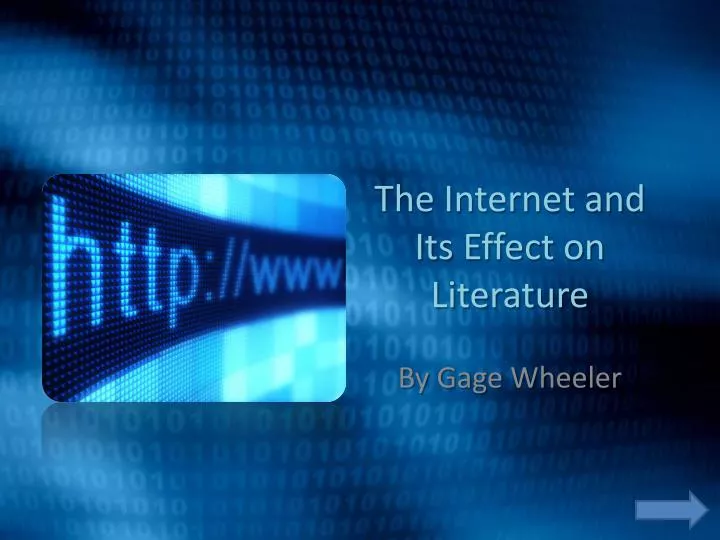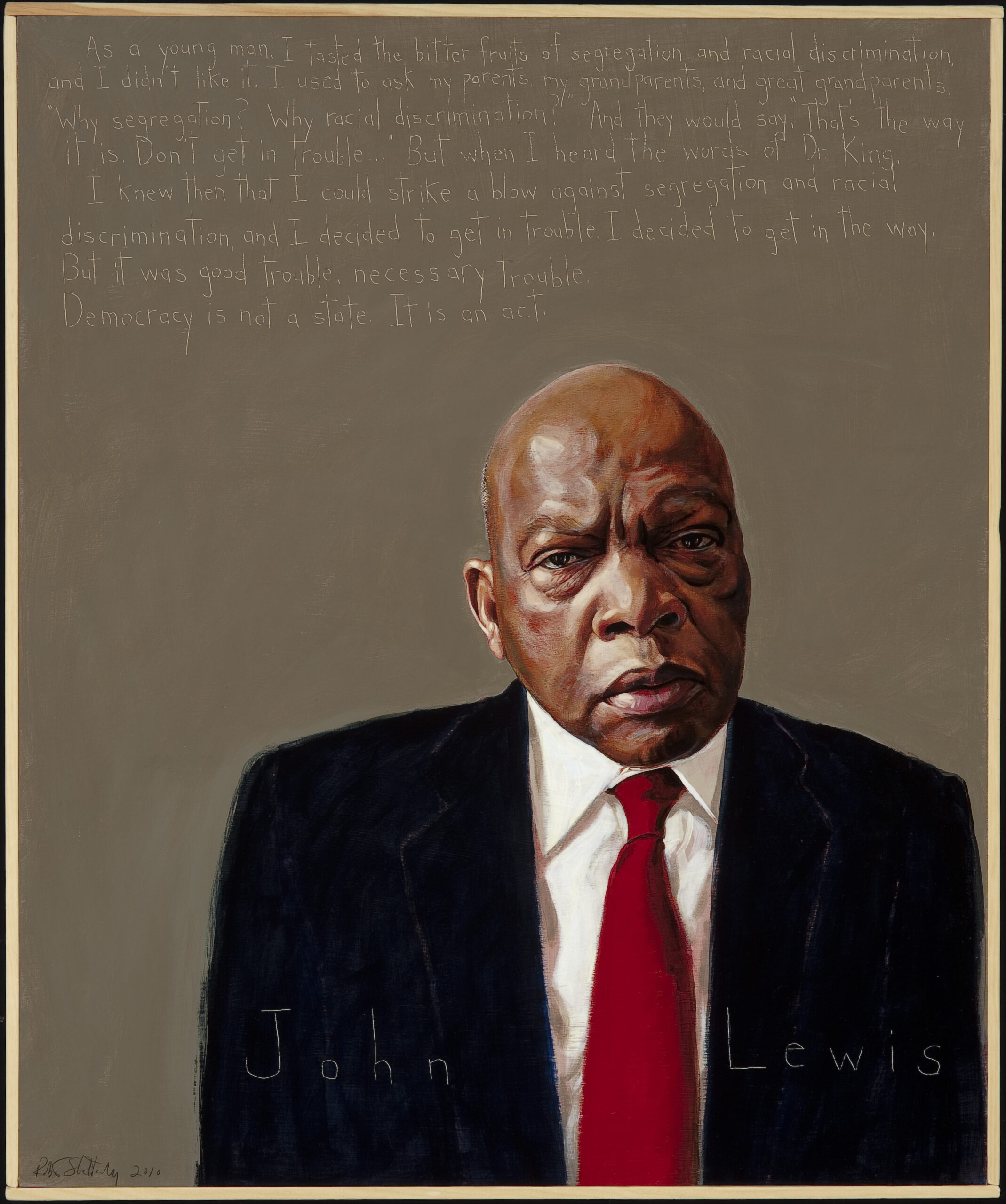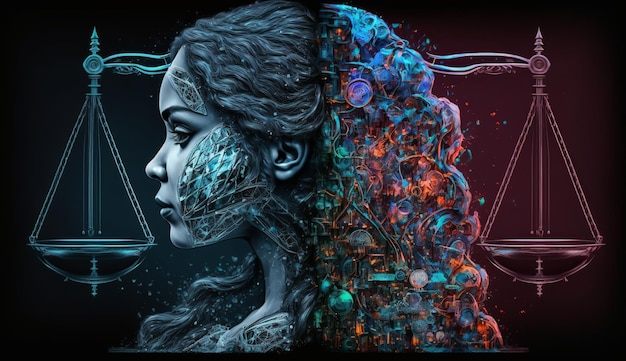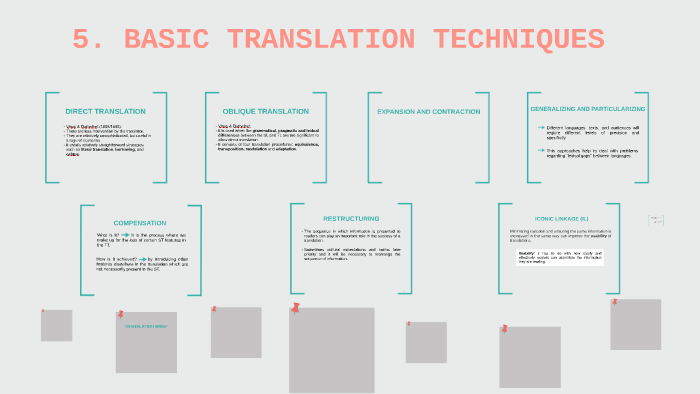The internet’s impact on fiction has been profound, reshaping how stories are told and consumed in today’s digital age. As technology continues to evolve, writers grapple with the nuances of crafting narratives that resonate in a world dominated by social media and online interactions. This shift has not only changed traditional storytelling practices but also influenced the very essence of reading, leading to a decline in deep, immersive experiences. The effects of the internet on reading habits and writing styles are evident as audiences, once solitary readers, are now interconnected participants in a vast dialogue about literature. With the rise of online platforms, fiction and technology have converged, presenting both challenges and opportunities for writers to engage with a global audience in unprecedented ways.
The digital revolution has significantly altered the landscape of literary creation, effectively transforming how narratives are constructed and shared. The convergence of technology with literature has enabled writers to explore new avenues of expression while grappling with the pervasive influences of social media. This fusion has changed the relationship between writers and their readers, as traditional reading practices face disruption from various online formats. With storytelling now intertwined with internet culture, it raises critical questions about the moral implications of crafting narratives within a public sphere. As authors navigate this new terrain, they must find ways to maintain the integrity of their work amidst the shifting dynamics of audience engagement.
The Internet’s Transformation of Fiction
The internet has catalyzed a seismic shift in how fiction is both created and consumed. No longer are writers merely crafting stories for a select group of readers; instead, their narratives now compete in a vast digital marketplace. This transformation has resulted in readers becoming audiences, where their preferences are often dictated by trends, social media buzz, and online reviews. With the advent of platforms like Goodreads and Instagram, critical tastes are now influenced by a chorus of voices rather than authoritative literary critics. This enables certain narratives to gain traction that might not have found an audience in traditional publishing settings, highlighting the stark shift in power dynamics within the literary world.
Moreover, the immediacy of online feedback has forced authors to navigate a landscape where they must balance personal expression with public reception. Writers are increasingly aware that their work is subject to instantaneous critiques and varied interpretations from a multitude of readers. This phenomenon can lead to self-censorship, as authors may alter their narratives to align more closely with popular consensus rather than their genuine voice. The implications of such a shift extend beyond individual works and challenge the very essence of what literature represents—requiring authors to grapple with the dichotomy between their creative instincts and market demands.
Social Media’s Role in Storytelling
The rise of social media has transformed storytelling from a solitary endeavor into a collaborative and communal experience. Platforms like Twitter and Instagram allow writers to not only share snippets of their work but also directly engage with their readers, creating a dynamic form of interaction unheard of in previous literary eras. This participatory culture has led to the emergence of serial storytelling, where authors can release content in real-time and adjust their narratives based on reader feedback. Such engagement fosters a stronger connection between writers and their audiences, enabling a shared investment in the outcome of a story.
However, this shift towards instantaneous sharing comes with its challenges. Many authors find themselves overwhelmed by the pressure to remain relevant in the fast-paced world of social media. The necessity to produce constant content can detract from deep, reflective writing. Additionally, as readers interact with authors online, the nature of their expectations evolves. Now, the audience not only desires captivating plots but also quick resolutions and satisfying character arcs, which can lead authors to prioritize entertainment over depth. Thus, while social media has expanded storytelling avenues, it also raises questions about the quality and sustainability of fiction in this new age.
The Effects of the Internet on Reading Habits and Literature Consumption
One undeniable consequence of the internet is its profound impact on readers’ habits, reshaping how individuals perceive and consume literature. The traditional book-reading experience, often characterized by prolonged periods of focused engagement, has seen a dramatic decline. With the proliferation of digital devices and the availability of vast online content, readers increasingly find themselves distracted, opting for shorter articles or social media updates over immersive novels. This shift can be attributed to a growing preference for quick, bite-sized information that fits the fast-paced lifestyle dominated by technology.
While there are benefits to this evolution—such as access to a wider range of literature and instant connectivity with authors—the consequences may be detrimental. Deep reading, which cultivates critical thinking and empathy, has become less common. Readers often fail to engage with complex narratives, losing the ability to appreciate subtleties in storytelling. Consequently, literature may suffer as writers adjust their works to cater to a distracted reader base, prioritizing brevity and simplicity over depth and nuance. Such trends underscore the need for readers and writers alike to reflect on the value of immersive reading experiences.
The Internet Influence on Writing Styles and Techniques
The influence of the internet extends beyond how literature is consumed; it also significantly shapes the ways in which it is written. Authors today often find themselves adapting their writing techniques to better align with the preferences fostered by online discourse. For instance, the brief attention spans of digital audiences encourage writers to employ faster-paced narratives and punchier dialogues, as they strive to capture and maintain readers’ interest. This shift raises the question of whether we are witnessing a new literary form that thrives under the constraints of modern communication, akin to tweet-length storytelling.
In addition, writing in the digital age necessitates an awareness of SEO strategies and online visibility. For many contemporary authors, understanding how to optimize their work for search engines and social media platforms is now a crucial aspect of their craft. This emphasis on visibility can inadvertently lead to the commercialization of literature, where creative expression is overshadowed by marketing motives. As writers harness the power of digital tools, they must navigate the delicate balance between artistic integrity and the demands of a market-driven landscape, which may in turn influence the evolution of narrative structures and thematic content.
Fiction and Technology: A New Frontier in Narrative
Frequently Asked Questions
How has the internet changed fiction and storytelling?
The internet has fundamentally transformed fiction and storytelling by providing instant access to vast information, altering how writers research and shape their narratives. It has also changed the relationship between readers and writers, turning ‘readers’ into ‘audiences’ influenced by social media and public opinion rather than traditional critics.
What are the effects of the internet on reading habits among fiction readers?
The internet has led to shorter attention spans and fragmented reading sessions, making it harder for readers to immerse themselves in a single story. Additionally, the availability of eBooks and online book discussions has created new opportunities for engagement, but it often competes with offline reading time.
In what ways does social media impact storytelling in contemporary fiction?
Social media impacts storytelling by shaping public perceptions of books and authors, as trends shift quickly based on viral content and influencer endorsements. Writers may feel pressure to cater to trending tastes, which can dilute personal expression and the challenge of delivering deep, meaningful fiction.
How does the internet influence writing styles and techniques in modern fiction?
The internet influences writing styles by encouraging brevity and direct engagement due to the fast-paced nature of online content. Writers often adapt their techniques to fit online platforms, focusing on elements that will capture immediate attention, which can lead to a more superficial approach to storytelling.
Can the internet enhance research for writing fiction, and if so, how?
Yes, the internet significantly enhances research capabilities for writers by providing instant access to archives, databases, and multimedia sources. Writers can easily find historical context, expert interviews, and diverse perspectives that enrich their narratives, allowing them to create more informed and intricate stories.
What is the role of technology in shaping the themes and narratives in contemporary fiction?
Technology plays a crucial role in shaping themes and narratives in contemporary fiction, often exploring the intersection of human experience and digital existence. It prompts questions about identity, privacy, and interpersonal relationships, reflecting society’s evolving dynamics due to technological advancements.
How has the rise of eBooks affected traditional fiction publishing?
The rise of eBooks has disrupted traditional fiction publishing by democratizing access and enabling self-publishing, leading to a surge in diverse voices and genres. However, it has also intensified competition for reader attention, as the market becomes saturated with content.
What are the challenges of writing fiction in the age of the internet?
Challenges include navigating the pressure to conform to public opinion as shaped by social media, competing for reader attention in a distraction-filled environment, and the risk of losing the depth and introspection that are hallmarks of great fiction amid the rapid consumption culture fostered by the internet.
How does the internet create a sense of community among fiction readers and writers?
The internet fosters community by connecting readers and writers through social networking platforms, online book clubs, and author-reader interactions. This global reach allows for the sharing of ideas, recommendations, and literary discussions, enriching the reading experience and promoting new works.
Are there any negative impacts of the internet on the reading of fiction?
Yes, negative impacts include diminished deep reading due to constant distractions, reduced engagement with complex narratives, and the risk of prioritizing viral content over literary quality. This shift can lead to a superficial understanding of stories and characters.
| Key Points | Contributors | Impact of the Internet on Fiction |
|---|---|---|
| How has the internet changed fiction? | Anna Lamb – Harvard Staff Writer | Increased public scrutiny over personal writing, transforming readers into an audience. |
| Readers are now audiences and personal taste is shaped by social media. | Greg Jackson – Author | Readers may forget what fiction offers: profound, personal truths. |
| The internet helps streamline research but can distract readers. | Scott Turow – Author and Lawyer | Convenience of eBooks and online research is both a blessing and a curse. |
| Loss of traditional plot devices like getting lost or disconnected. | Jennifer Finney Boylan – Author | The web makes it difficult to create certain narratives due to constant connectivity. |
| The internet offers easy access to archives for historical research. | Julie Orringer – Author | Old research methods like microfilm have been replaced with digital archives. |
| Reading habits have changed — less time spent deeply immersed in books. | Weike Wang – Author | Research is easier online, but reading can be fragmented by distractions. |
| Fiction offers emotional truth beyond non-factual narratives. | Min Jin Lee – Author | Though the internet may damage literary depth, fiction still holds significant value. |
| Exposure to various media can dilute traditional reading habits. | André Aciman – Author | Young adults prefer online content, impacting classic literature readership. |
| Face-to-face interactions are irreplaceable for authentic narrative experiences. | Yxta Maya Murray – Writer and Law Professor | While online research is essential, real-life experiences enrich understanding. |
Summary
The internet’s impact on fiction is profound and multi-faceted, shaping not only how stories are told but also how they are consumed. As highlighted by various authors, the shift from solitary reading to public audience has redefined the relationship between writer and reader. The convenience of online research and eBooks has streamlined the creative process, yet it risks fragmenting the immersive experience once central to literature. Despite these challenges, fiction remains a powerful vehicle for exploring emotional truths, exemplifying the enduring value of storytelling amid the digital landscape.



